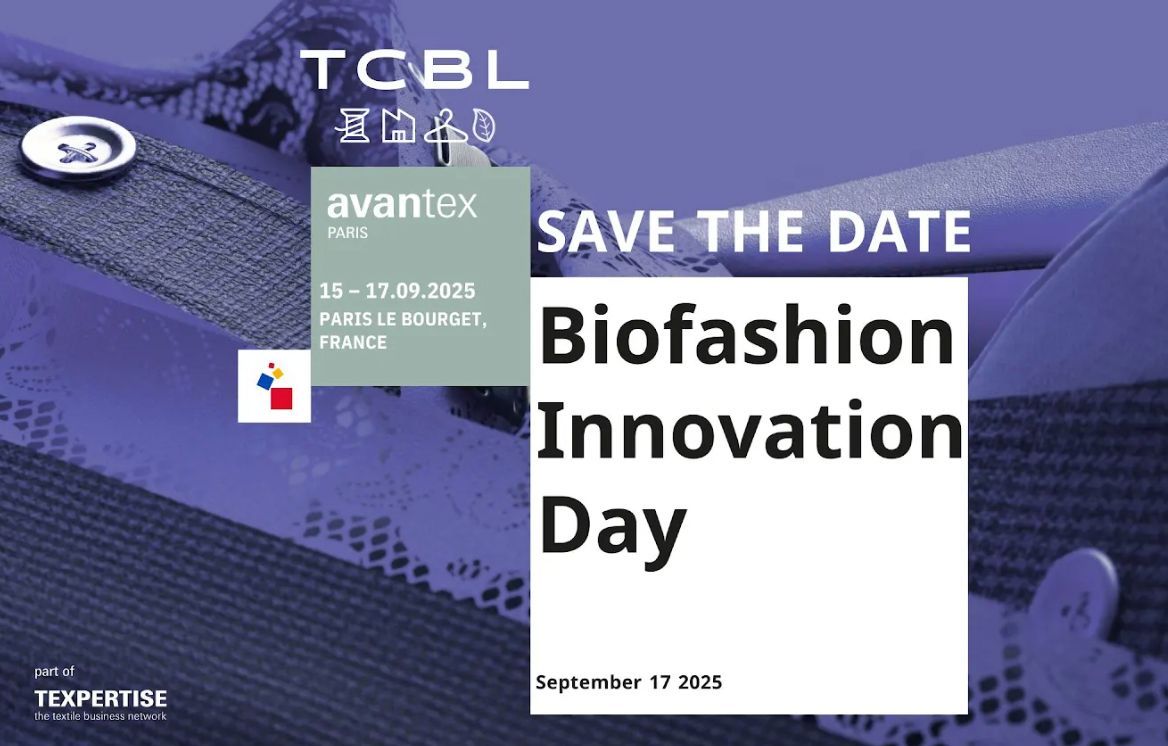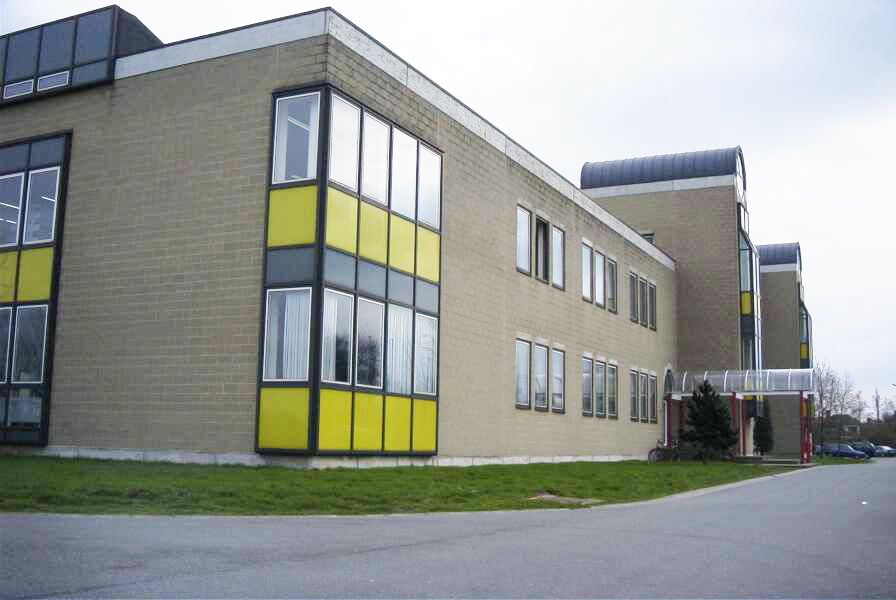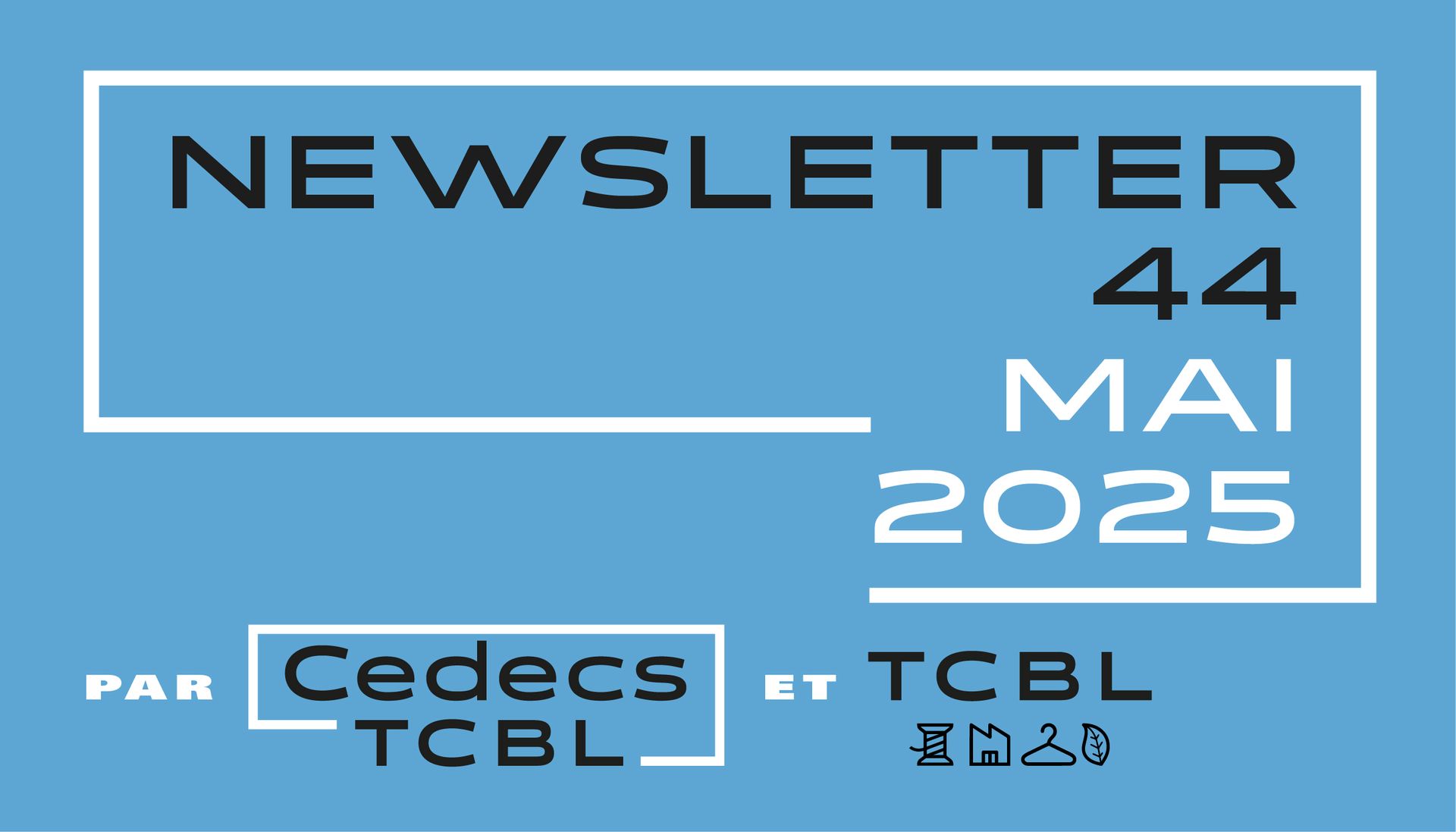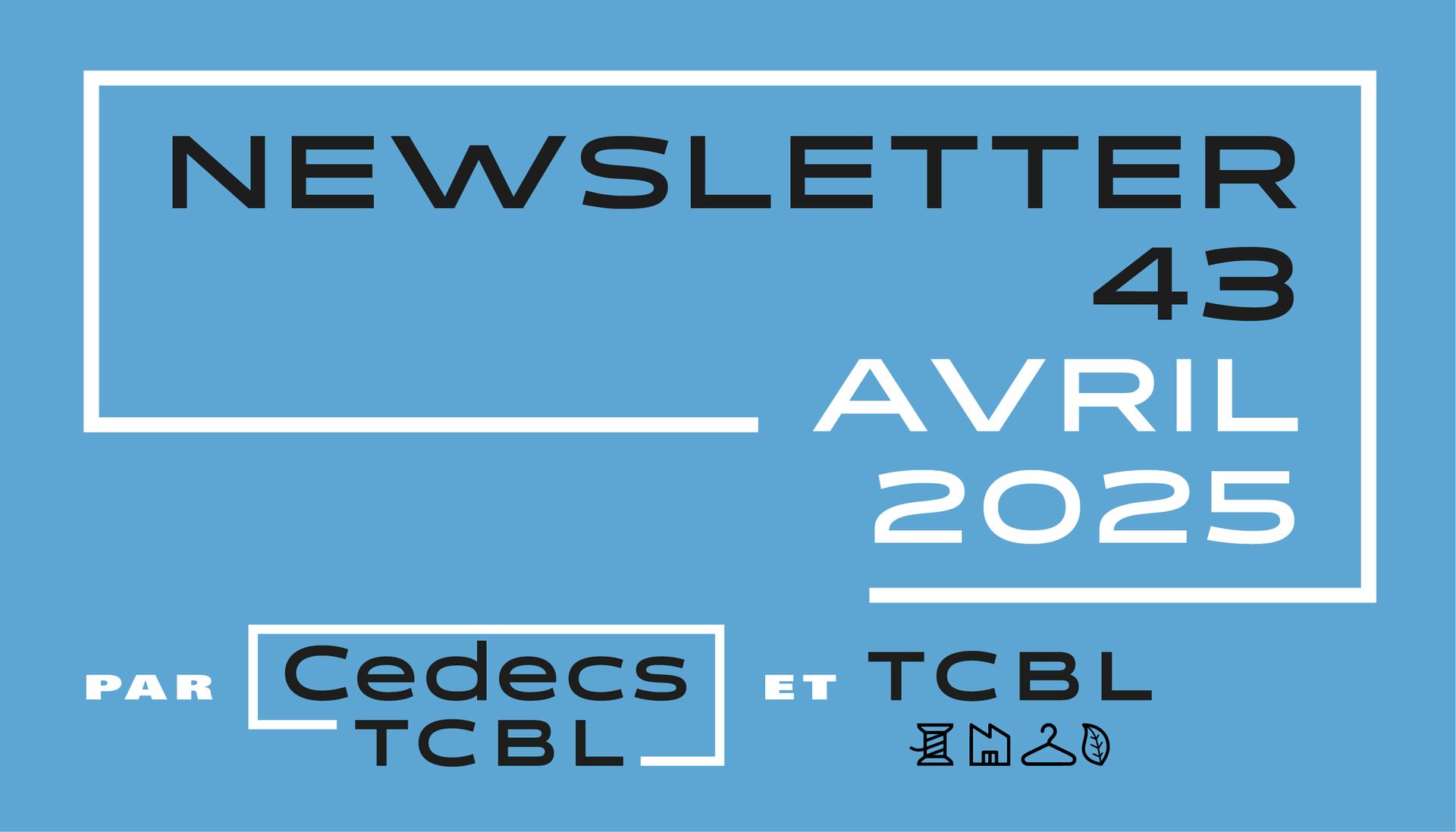
EDITORIAL
Dear readers,
This is our double issue for July and August, so we hope that you will enjoy your summer break and perhaps use the down-time to reflect on your ventures in the first half of 2025 and prepare for new ones in a productive autumn.
While winding down and thinking of summer holidays we are also deep in preparations for Avantex in Paris this September - please take a look below and know that you are cordially invited to participate!
Have a happy summer and enjoy the inspirations below.
SAVE THE DATE
17/09/25 Biofashion Innovation Day
TCBL x AVANTEX

Join TCBL at Texworld Sourcing Apparel / Avantex in Paris on September 17, 2025 where we have organized Biofashion Innovation Day.
Numerous ways to participate are open to our community members.
● We are still searching for the right fit for the ReSources podium (four SMEs illustrate varied steps of a sustainable value chain and showcase their best products or services)
● There will be roundtables (on scaling, making it local and learning) in the Agora where you can listen or contribute
● HEREWEAR partners will demonstrate outcomes through an exhibition (including updates post-project)
● Emerging solutions are invited to apply to the AVANTEX Fashion Pitch on September 15 - there are prizes!
● SMEs from Eastern Europe are invited to a matchmaking event on September 16
For more information and to express your interest, contact Frédérique
fthureau@cedecs-tcbl.eu
before July 10th, 2025
PROJECTS

ECOSYSTEM
TEXDAN
The TexDan project intends to develop a sustainable Textile and Clothing ecosystem along the Danube. In this context, Reginnova invited TCBL experts to listen to a selection of SMEs and startups and provide them with comments and recommendations to significantly contribute to the general objective. Their stories reveal a vibrant ecosystem focused on upcycling, circular platforms, and alternative materials, all aiming to redefine the future of fashion. Read our report on our blog

RECYCLING
FABRIX
The first Textile Recycling Expo in Brussels (TRE) was an occasion for us to talk about the FABRIX project with exhibitors and attendees; this Horizon Europe project wishes to promote network-based solutions for circularity and reshored production in urban contexts. Although technologies to better sort “waste intrants” and recycle them in adequate streams are scaling up, it is interesting to note that the recycling sector has joined many others in calling to slow down production (from fast fashion, but not only) and encourages focusing on downstream loops e.g. resell, reuse, remanufacture, and only finally recycling. Learn more on the official website

LEARNING
GREEN FASHION STARTUP
The GFSU program was presented this June in Paris to 25 students and their pedagogical and administrative supervisors. This was an occasion to collect their questions and feedback on how best to grow as a sustainable entrepreneur in the textile and clothing sector. The same tests were conducted in Turkey, Hungary, Italy and Germany, and helped inform the precise contents and formats of the final courses.

AI
ViDi
AI models are based on machine learning. However, there are two approaches to machine learning: i/ learning by correlation (or deep learning), with models that “mimic” the facts they are “observing”, unfortunately without any transparency regarding their rules; ii/ probabilistic programming based on Bayesian algorithms that look for “rules” from a sample and then re-confront them with data. This last type is much more useful for small data fields e.g. hazards, rare diseases, unforeseen accidents in logistics, quickly changing weather forecasts etc. This article (in French) provides a useful breakdown

TECHNOLOGICAL LABS
CENTEXBEL
Visiting two Centexbel labs in Kortrijk and Ghent provided the opportunity to reflect on the importance of technological centers for fellow researchers, partners, SMEs and industry clients of the Textile and Clothing sector. Mostly striking was the level of human expertise required to make all those machines “work”. Read our report on blog
TCBL MEMBER NEWS

BOOTCAMP
FABRICADEMY
Lead by TCBL members who created Fabricademy, the 2025 Textile Academy Bootcamp took place in Brussels, bringing together 30 participants, from students to professionals and educators from over 15 countries including New Zealand, Mexico, Iceland, Italy, Spain, Croatia, Greece, The Netherlands, Germany, Poland, Scotland, Ireland, the United States and Belgium. They spent five days learning about Biofabrication, Circular fashion and design systems, digital knitting and embroidery, E-textiles and how to weave learnings into personal projects. Read their report

RESOURCES
TCBL
The TCBL community participates in numerous projects with aims in line with bettering the T&C industry. Many produce resource hubs like learning modules, guides for instructors, or information for labs to continue experiments To ensure that the best of these results reach larger publics, TCBL Association members can disseminate through the TCBL Resources page, where you will find two new entries and a third on the way. Some resources may be available only to logged-in TCBL members

INSPIRATIONS (or not)
Le Slip Français, one of the leading Made in France brands, is shifting its production to a limited number of products at accessible prices e.g. €18, €8 and €29 for knickers, socks and TShirts in its newly owned factory in Aubervilliers and aims at demonstrating that 100% reshoring is possible. Read the news (in French)
Supersilk from genetically modified spiders
The chair of biomaterials in Bayreuth University demonstrated that CRISPR Scissors could help inject a fluorescent protein gene into spiders’ DNA. This opens space for custom-designed silks with enhanced properties e.g. fibers that can be both tough and light fibers replacing Kevlar, or that can stretch and return to their original shape. Applications in the health, military, aerospace and spatial sectors are also to be explored. This also reduce the reliance of these innovative materials on fabrics based on fossil fuels. Info from the University
The bouncing negative effect of no waste laws
In France, the Anti-gaspi Law (2022) allows garment manufacturers to reduce taxes by 60% if their unsold garments are given to associations. Unfortunately, when you add sorting, washing, repairing post-consumer clothes, they cannot compete with cheap pre-consumer items which are produced in linear and volume-based models, and do not benefit from the recycling grant system. More (in French)
New models for urban planning?
In the megapole of Tokyo, new models for specialized and connected « clusters » are developed to boost « city productivity ». Five main areas have been selected on the bases of existing companies but also for future streamlining of city production: Shinjuku (for retail and administration), Shibuya (for creativity and digital), Roppongi (for tech and international), Marunouchi and Nihonbashi (for finance and professional services). This may be an inspiration for smaller cities urban planning. Read it on Fast Company
Are you a member of the TCBL Association yet? Members share knowledge and experience, network and develop new projects through services available to all paid, accredited members.
AGENDA

FAB25
4-11 July, Brno and Prague
Discover, discuss, envision, and build community around digital fabrication, Fab Labs, technology, and innovation. Find out more

ENSAD x French Ministry of Culture
2, 3 and 10 July, France
Don’t miss the presentations of the last three scenarios on territorial design in La Réunion, Grand Est and Rhône Alpes. Find out more

World Design Congress
9, 10 September, London
Are you in? Calling all designers, business leaders, policymakers, researchers, and educators from around the world. Find out more

BioFab Fair
16-17 September, London
This fair claims to bring together the dreamers and the doers… to imagine a material world grown with biology. Find out more
A big thank you to our contributors of the month, Luca Leonardi, Marianna Maglara, Anastasia Pistofidou, Gulcan Turkoglu and to our editors, Alexandra, Frédérique, Jean-Renaud.
Do you have questions or comments about the topics in this newsletter, or ideas about the textile industry? Do not hesitate to contact us
TCBL@audasud.fr
Online programing and copyright © 2025 Audasud
Add us to your address book















